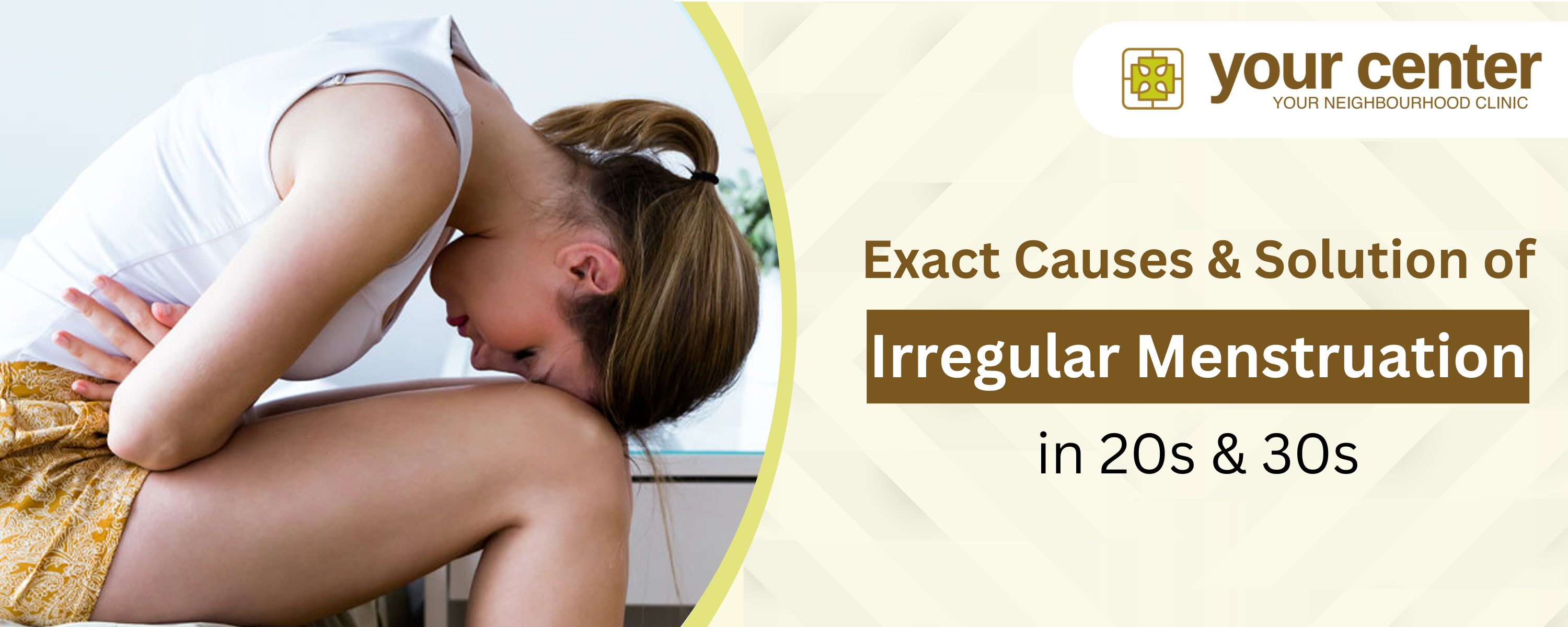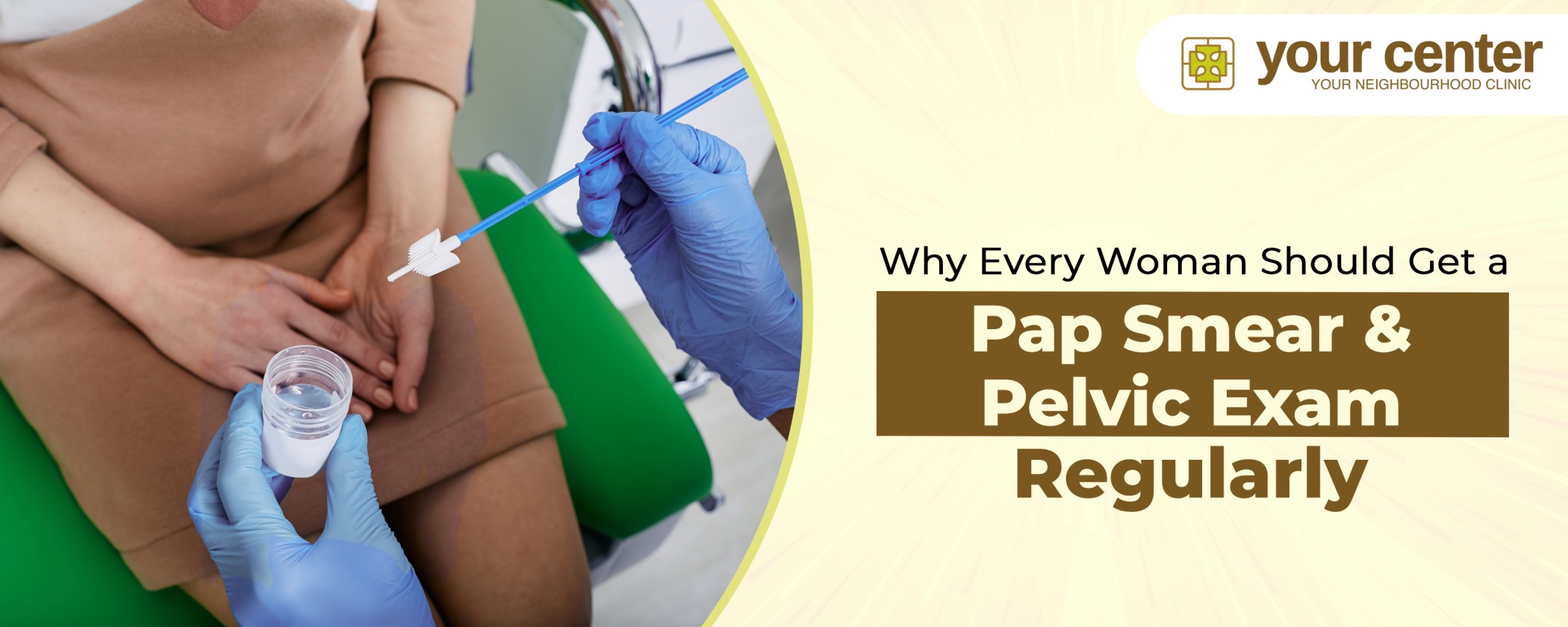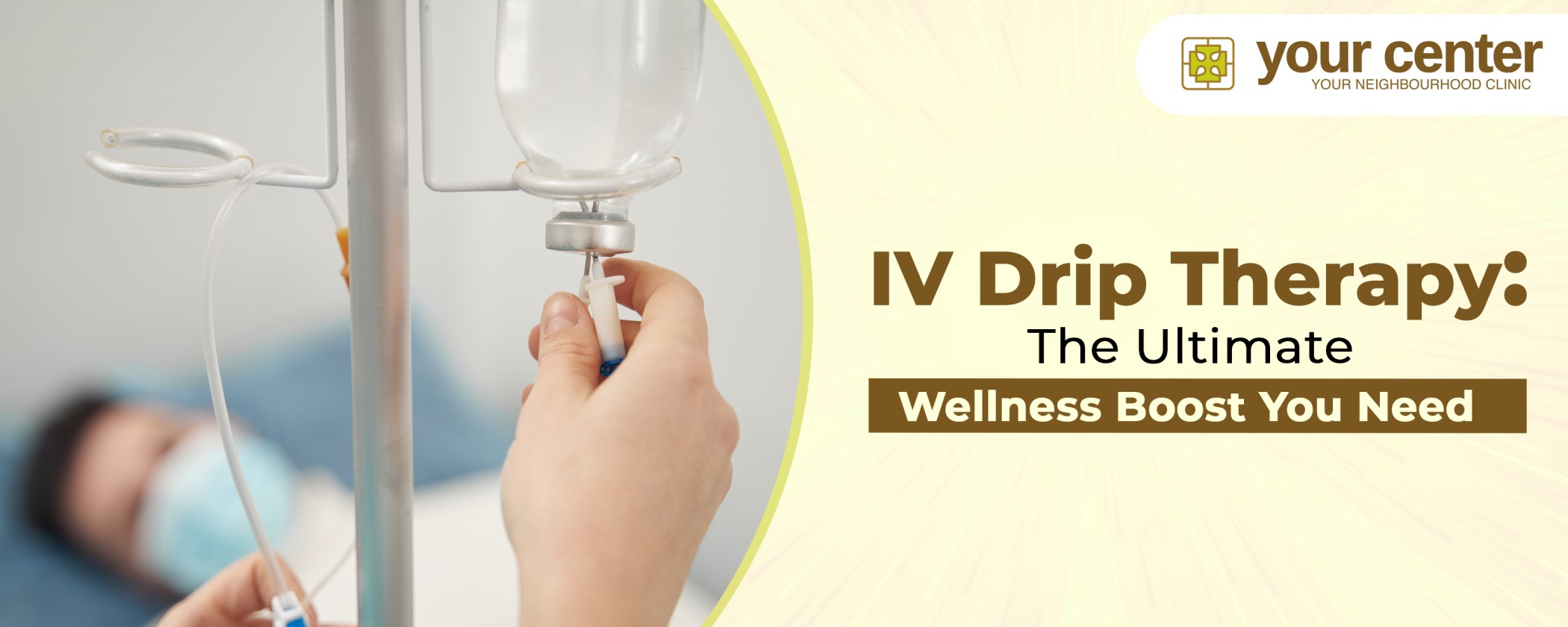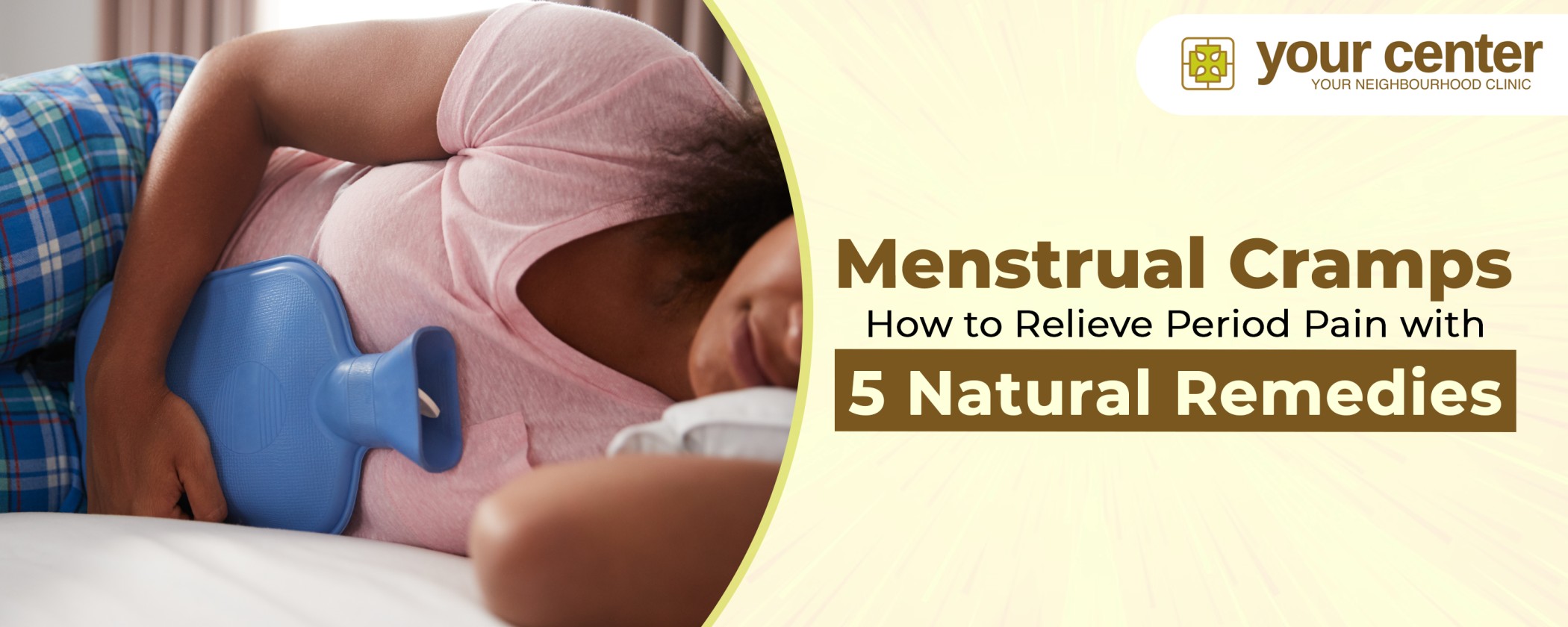
Exact Causes & Solution of Irregular Menstruations in 20s & 30s
Irregular periods can be distressing for women, particularly during their 20s and 30s. During this particular time their hormonal fluctuations are too high and start causing discomfort. This discomfort makes them feel what they should do to get relief from this irregular menstruation
This blog helps you find the key causes of irregular menstruation and explore natural and medical solutions to regulate your cycle.
How Can I Solve My Irregular Periods?
Finding a solution to irregular periods begins with understanding the root cause. Menstrual irregularities refer to cycles shorter than 21 days, longer than 35 days, or inconsistent in duration. Here are actionable steps:
Identify Underlying Causes: Consult a gynecologist to rule out conditions like PCOS, thyroid dysfunction, or hormonal imbalances.
Adopt a Healthy Lifestyle: Regular exercise, stress management, and a balanced diet are critical for hormonal regulation.
Medications or Supplements: If necessary, hormonal birth control or supplements like Vitamin D, magnesium, and folic acid can help regulate cycles.
Remember, early diagnosis and appropriate care can lead to long-term improvements in menstrual health.
What Is the Main Reason for Irregular Periods?
There’s no one-size-fits-all answer when it comes to abnormal menstruation. However, the primary reasons often fall into these categories:
1. Hormonal Imbalances
In your 20s and 30s, fluctuating levels of estrogen and progesterone can disrupt your cycle. Causes include:
Polycystic Ovary Syndrome (PCOS): A common condition where hormonal imbalances prevent regular ovulation.
Thyroid Issues: Both hyperthyroidism and hypothyroidism can interfere with your menstrual cycle.
Prolactin Levels: Excess prolactin, the hormone responsible for milk production, may lead to irregular cycles even in non-pregnant women.
2. Stress and Emotional Health
Chronic stress triggers cortisol production, which can suppress reproductive hormones and lead to delayed or missed periods.
3. Lifestyle Factors
Excessive Exercise: Overexertion or low body fat disrupts ovulation.
Poor Diet: Nutritional deficiencies, processed foods, and sudden weight changes wreak havoc on menstrual health.
4. Medications and Contraceptives
Certain medications, like antidepressants or birth control pills, may temporarily alter your cycle.
5. Medical Conditions
Conditions like endometriosis, uterine fibroids, or chronic illnesses like diabetes can develop irregular periods.
Also Read: Harmful Effects of Irregular Periods.
Causes of Irregular Periods in Your 20s & 30s
While irregular periods are common during adolescence and menopause, they can also occur during your reproductive years due to several specific factors.
Irregular Periods in Your 20s
Transition from Adolescence: Your body may still be fine-tuning its hormonal rhythm after teenage years.
Birth Control Usage: Starting, stopping, or changing contraceptives can disrupt your cycle temporarily.
Stress from Career or Studies: The stress of balancing work, education, or relationships often affects menstrual regularity.
Irregular Periods in Your 30s
Pregnancy and Postpartum: Menstrual cycles often change after childbirth or miscarriage.
PCOS and Infertility Issues: Many women experience PCOS symptoms like irregular ovulation during this decade.
Perimenopause: Some women begin to experience early signs of perimenopause in their late 30s.
Also Read: Reasons to see Gynecologists.
How to Get Regular Periods Naturally
If you’re looking to manage irregular periods without medications, there are several natural remedies and lifestyle adjustments you can adopt:
1. Maintain a Balanced Diet
Eat Nutrient-Rich Foods: Incorporate leafy greens, whole grains, nuts, and lean proteins to stabilize hormones.
Include Cycle-Friendly Foods: Add flaxseeds, pumpkin seeds, and ginger to support menstrual health.
Avoid Processed Foods: Reduce sugar, caffeine, and refined carbs that trigger hormonal spikes.
2. Regular Exercise
Moderation is Key: Aim for at least 30 minutes of moderate exercise daily, like walking or yoga. Avoid overexertion, as it can halt ovulation.
Try Yoga: Yoga has been shown to reduce symptoms of irregular periods caused by stress or PCOS.
3. Manage Stress
Practice Mindfulness: Activities like meditation, deep breathing, or journaling help lower cortisol levels.
Set Boundaries: Reduce work-related stress by balancing your workload and taking time to relax.
4. Stay Hydrated
Drinking enough water helps with overall body function, including hormone transport and menstrual health.
5. Natural Herbs and Supplements
Ashwagandha: Balances stress hormones to improve menstrual cycles.
Vitex (Chasteberry): May help regulate progesterone levels.
Omega-3s: Found in fish oil or flaxseed, these reduce inflammation and support reproductive health.
6. Maintain a Healthy Weight
Both underweight and overweight women are at risk for irregular periods. Work with a nutritionist if necessary to achieve a balanced BMI.
When to Seek Medical Help
While natural remedies can be effective, some conditions require medical intervention. Consult a doctor if you experience:
Missed periods for more than 3 consecutive months.
Heavy or prolonged bleeding.
Severe pain during periods.
Other symptoms like excessive facial hair growth, sudden weight gain, or acne.
Conclusion
Irregular periods during your 20s and 30s can be caused by a variety of factors ranging from lifestyle choices to underlying health conditions. Identifying root causes is the first step toward adequate treatment. Natural solutions like a balanced diet, regular exercise, and stress management can go a long way in promoting menstrual health. However, professional guidance from a trusted gynecologist is crucial when dealing with conditions like PCOS. You can visit Your Center Polyclinic for expert care and support. It is one of the best healthcare center in Dubai.






